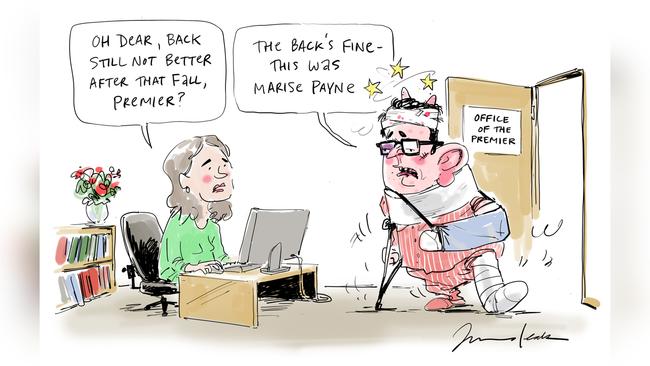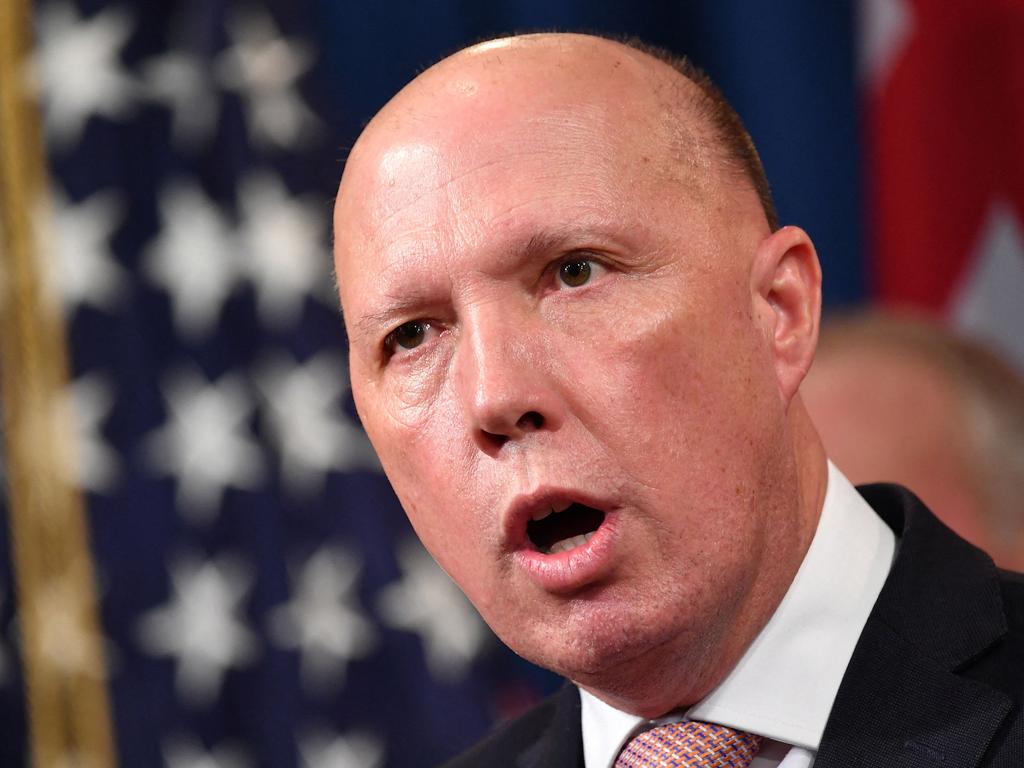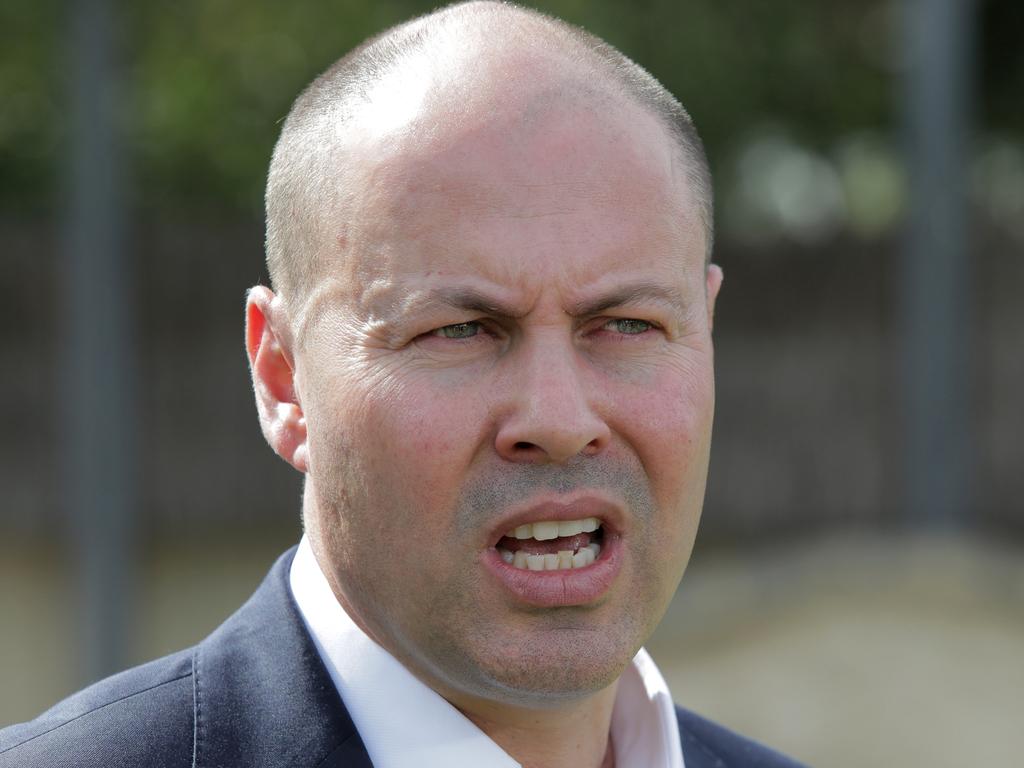Axing China deals a vital stand in challenging times

Regardless of the anger of some business leaders, Foreign Minister Marise Payne has made prudent use of new powers allowing the commonwealth unilaterally to veto deals it views as contrary to the national interest. Malcolm Broomhead, chairman of mining, oil and gas giant Orica, a BHP board member and former head of a pro-BRI organisation, may be right when he says axing the deals will further damage the Australian-Chinese business relationship in education, tourism, agriculture and mining. Trade tensions with China cost Australian exporters $5.5bn in lost sales in the six months to January.
But as Senator Payne says, the BRI agreements were “development programs of another country … that does not mean it’s in Australia’s national interest to engage with it in an unconditional or overarching way”. The decision, significantly, has been readily accepted by all sides of Australian politics and the Victorian government. Senator Payne also scrapped two other peculiar deals that had been entered into by Victoria: one in 2004 between the state’s Education and Training Department and Iran; and a 1999 scientific co-operation agreement with Syria. Other deals also were likely to be scrapped, she indicated.
Chinese hostility towards Australia was rife before the decision to scrap the BRI deals, and it remains anchored in two issues. First, as China’s deputy ambassador Wang Xining told the National Press Club on Wednesday, China remains deeply upset by the Turnbull government’s move 2½ years ago to ban Huawei from supplying equipment for Australia’s strategically sensitive 5G network rollout. Second, Scott Morrison’s reasonable and sensible call a year ago for an independent investigation into the origins of the COVID-19 pandemic appears to be the major driver of Chinese resentment. Crucial questions about the beginnings of the virus and its early spread, are still unanswered. The Prime Minister’s original call for an inquiry, which was backed shortly afterwards by the US, EU and New Zealand, drew a disproportionate response from China. At the time China’s ambassador to Australia, Cheng Jingye, made it clear that Australia’s push for an inquiry could result in a Chinese boycott of the nation’s exports. Global Times editor Hu Xijin also predicted relations between Canberra and Beijing would deteriorate: “Australia is always there, making trouble,” he wrote. “It is a bit like chewing gum stuck on the sole of China’s shoes. Sometimes you have to find a stone to rub it off.”
The Morrison government has taken what Senator Payne described in Wellington on Thursday as a “very careful and very considered” approach to the BRI deals. “It’s about ensuring we have a consistent approach to foreign policy,” she said. Senior ministers have stepped up well to explain the decision. Australia would not be “bullied by anyone” in exerting its sovereign rights, principles and values, Defence Minister Peter Dutton said. China remained a “very important economic partner”, Josh Frydenberg noted. And as Fitch Ratings pointed out, “economic co-dependencies” between both countries are likely to “restrain Chinese policymakers from targeting essential goods such as iron ore”. Any further punitive trade measures imposed by China would likely remain targeted towards smaller export categories, the agency said, which were less likely to hurt China’s labour market or growth prospects.
Australia’s move is timely as China seeks to assert its influence, especially through the BRI. On Tuesday, in a video speech to the Bo’ao Forum for Asia, an annual “Asian Davos’’ on the southern Chinese island of Hainan, Xi Jinping made it clear he wanted to reshape China’s relationship with the US on a more equal footing. China did not intend to pare back its ambitions for the infrastructure-building program across the world after the challenges of the past year. After the forum, Mr Xi called Indonesian President Joko Widodo, offering support with Chinese COVID vaccines and further collaboration through the BRI.
As Department of Foreign Affairs and Trade secretary Frances Adamson told the Asia Society on Wednesday, Australia’s partners in Southeast Asia are “navigating the changing dynamics of their own bilateral relationships”. They are dealing with a more assertive China while also looking to build positive connections with the Biden administration. Southeast Asia, as Ms Adamson said, was central to Australia’s “uncomfortable” strategic competition to “preserve the liberal international order”. Against that background, in a tumultuous time, the government tearing up Victoria’s BRI agreements is a timely assertion of our national sovereignty and interests.






Beijing’s menacing response to the Morrison government tearing up Victoria’s Belt and Road Initiative agreements with China underline the importance of extricating the state and our economy from those deals. A Chinese embassy spokesman said the government’s action was “unreasonable and provocative” and “is bound to bring further damage to bilateral relations, and will only end up hurting itself”. Chinese Communist Party mouthpiece Global Times quoted Chinese academic Chen Hong, from the Australian Studies Centre at the East China Normal University, claiming the move marked a “significant escalation that could push icy bilateral relations into an abyss”.